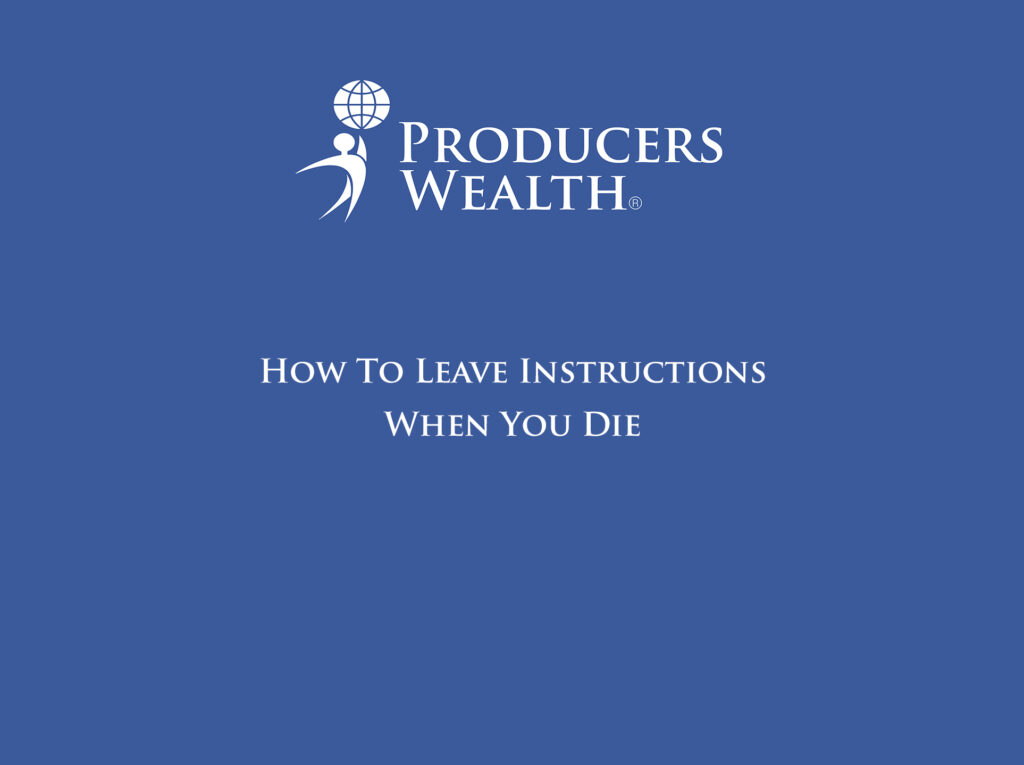
Estate planning can be overwhelming, but there’s one simple and highly effective organizational method that can make all the difference for your loved ones: the “Green Box” exercise. This approach helps ensure your family or executor can easily locate and access critical documents, assets, and instructions after you pass away or if you become incapacitated.
The concept is straightforward: gather all key documents and information into a physical or digital “box” (it can be green, or the name can simply be symbolic), so that everything is in one place when it’s needed most.
What Should Be in the Green Box?
Legal Documents:
- Will and Testament: This outlines the distribution of your assets and any instructions for guardianship of minor children.
- Trust Documents: If you have a living trust or other types of trusts, include the trust agreement and any amendments.
- Powers of Attorney: Documents that authorize someone to make financial or healthcare decisions on your behalf.
- Healthcare Directive: Also known as a living will, this outlines your medical treatment preferences if you’re unable to communicate.
Financial Information:
- Bank Account Details: Include account numbers, bank names, and contact information for all accounts.
- Investment Accounts: Information on stocks, bonds, mutual funds, and brokerage accounts.
- Retirement Accounts: Details of 401(k), IRA, or pension accounts.
- Real Estate Deeds: Copies of property deeds, mortgage information, and titles.
- Debts and Liabilities: Information on loans, credit card debts, or other financial obligations.
Insurance Information:
- Life Insurance Policies: Copies of policies, including beneficiary information.
- Health Insurance: Information on your health coverage.
- Property and Casualty Insurance: Policies for homeowners, auto, and other relevant insurances.
Business Information (if applicable):
- Business Agreements: Include any partnership agreements, buy-sell agreements, or succession plans.
- Ownership Documents: Certificates of ownership or shares in businesses you own.
Access Information:
- Passwords and Digital Assets: A list of passwords for online accounts, email, and any digital assets.
- Safe Deposit Boxes: Location and access information for any safe deposit boxes.
Funeral and Burial Instructions:
- Funeral Arrangements: Your preferences for funeral, burial, or cremation, and details on any pre-paid funeral services.
- Key Contacts: Names and contact details of key people, such as your lawyer, accountant, and executor.
Personal Documents:
- Birth Certificate: A copy of your birth certificate.
- Social Security Card: Your Social Security number and card.
- Marriage and Divorce Papers: Include marriage certificates and divorce decrees, if applicable.
- Military Records: If you’re a veteran, include your discharge papers (DD Form 214) for benefits.
Why Do a Green Box Exercise?
The Green Box exercise is designed to reduce the stress and confusion your loved ones might experience while managing your estate. By having all essential documents organized in one place, the probate process becomes simpler, assets are distributed according to your wishes, and nothing important is overlooked.
Who Benefits from the Green Box Exercise?
- Family Members: During an emotional time, your loved ones won’t have to search for important documents or struggle to navigate your estate.
- Executor or Trustee: The person managing your estate or trust will have a clear roadmap to carry out your wishes without unnecessary delays.
- You: You’ll gain peace of mind knowing your affairs are in order, and your estate will be handled efficiently.
The Positives of a Green Box Exercise:
- Simplifies Estate Settlement: Organizing everything in one place makes it easier for your family and executor.
- Prevents Overlooked Assets: Ensures that no important financial accounts or assets are forgotten.
- Reduces Legal Fees and Delays: The streamlined process saves time and could lower legal costs.
- Provides Clarity: A clear plan helps avoid family disputes and confusion during a challenging time.
The Negatives of Not Doing the Green Box Exercise:
- Delayed Probate: Without clear organization, the probate process could be drawn out and complicated.
- Missed Assets: Key financial assets or accounts could be overlooked, leading to additional complications.
- Higher Legal Costs: A lack of organization can result in more legal fees, cutting into your estate’s value.
The Green Box exercise is a practical, proactive estate planning strategy that ensures all vital documents and instructions are in one place. It eases the burden on your loved ones and helps ensure your estate is handled smoothly. By taking the time to organize these essential details, you’ll give your family peace of mind, avoid unnecessary complications, and ensure your legacy is protected.
Watch all of our educational videos on Infinite Banking here.
Disclaimer and Waiver
Michiel Laubscher & Laubscher Wealth Management LLC is not an investment advisor and is not licensed to sell securities. None of the information provided is intended as investment, tax, accounting, or legal advice, as an offer or solicitation of an offer to buy or sell, or as an endorsement, of any company, security, fund, or other offerings. The information should not be relied upon for purposes of transacting securities or other investments. Your use of the information contained herein is at your own risk. The content is provided ‘as is’ and without warranties, either expressed or implied. Michiel Laubscher & Laubscher Wealth Management LLC does not promise or guarantee any income or specific result from using the information contained herein and is not liable for any loss or damage caused by your reliance on the information contained herein. Always seek the advice of professionals, as appropriate, regarding the evaluation of any specific information, opinion, or other content.





